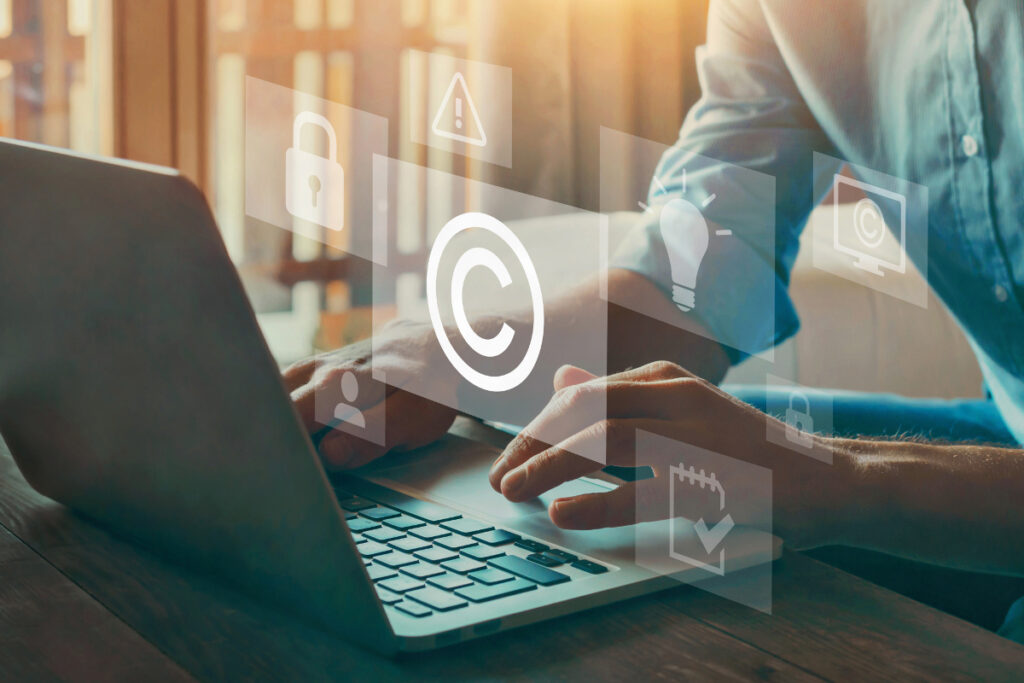Google voluntarily removed several well-known and popular YouTube ripper sites from its search engine results in the UK. This was after the music organization BPI sent a notice that internet service providers are required, by court order, to block these sites that engage in the piracy of copyrighted material.
It took the Phonographic Performance Ltd (PPL) and the British Recorded Music Industry Ltd (BPI) two years to obtain the High Court order that requires the larger ISPs to block access to a number of YouTube ripping websites, giving them an important victory in their online music piracy battle.
This court order makes these sites, such as 2Conv and Flvto, more difficult to access. There are still ways to get the music, but copyright owners have been frustrated that Google and other search engines include these sites in their search results.
In this ongoing fight, blacklisted sites merely switch to different URLs.
Google Takes a Preemptive Step, Pulls YouTube Rippers
PPL and BPI sent Google a copy of the court order and asked that the listed domains be removed from its platform. Although Google isn’t required by law to comply, it voluntarily did as asked, though just in the UK.
Google has previously taken such action following a court decision—specifically, in France, Denmark, the Netherlands and Australia. Prior to this request, BPI asked for various sites, such as The Pirate Bay, to be taken off, but this is a first for YouTube ripping services.
By deindexing YouTube ripper sites from searches, they’ll be trickier to find, but hundreds of similar rippers are still available.
Are Their Legal Uses for YouTube Rippers?
The EFF (Electronic Frontier Foundation) has supported 2Conv and Flvto in the past, when the companies were being sued for U.S. copyright infringement, claiming that they were “neutral technologies” that could be used for good or ill. However, YouTube rippers lost to the RIAA in a legal battle earlier in the year.

